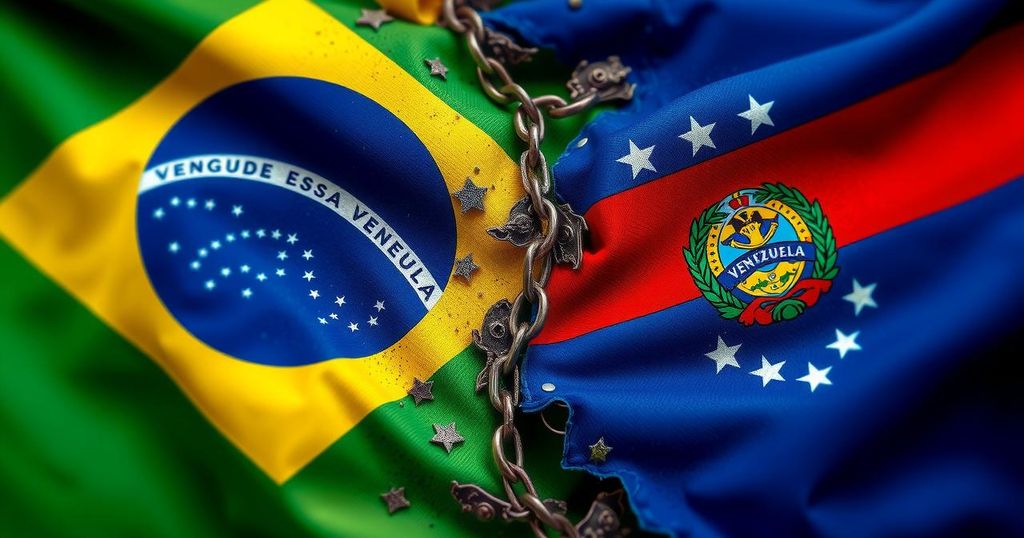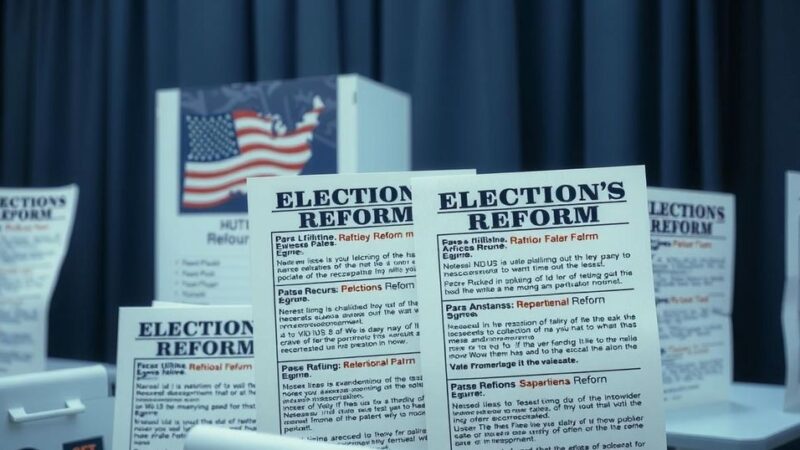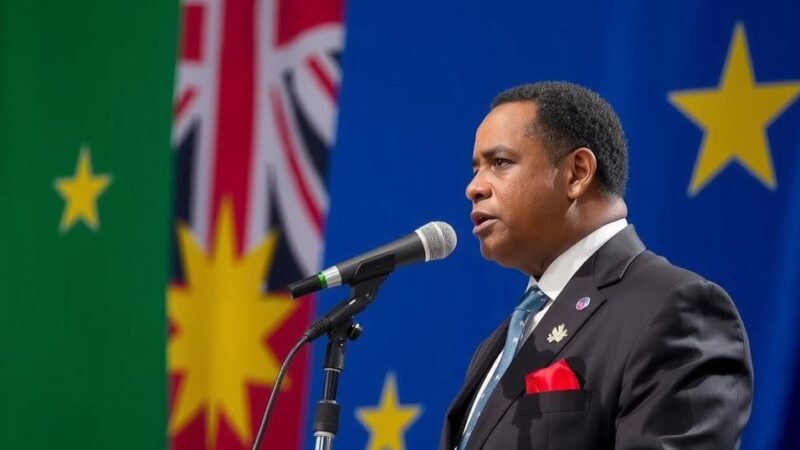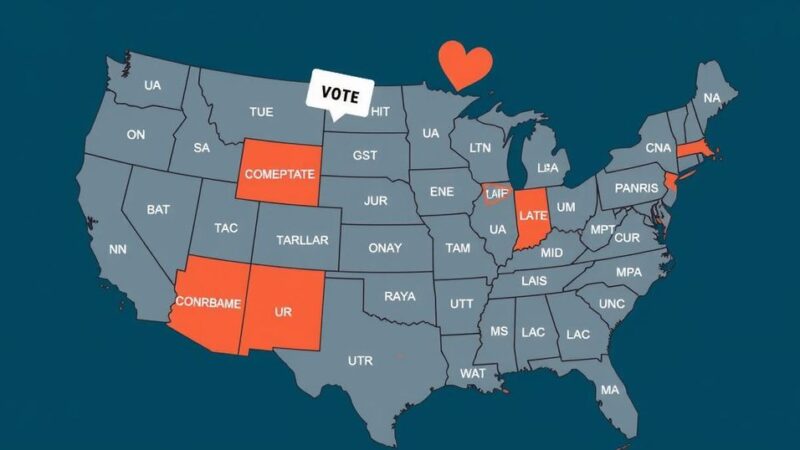Brazil’s government has criticized Venezuela for escalating tensions and making personal attacks against it. The Brazilian Foreign Ministry expressed surprise at Venezuela’s rhetoric toward Brazil and called for diplomatic dialogue, in response to increased criticism from Venezuela regarding Brazil’s support for Venezuela’s BRICS membership. Tensions have heightened due to disputes over Venezuela’s recent presidential election and allegations of interference.
Brazil has publicly addressed escalating tensions with Venezuela, condemning the latter’s offensive rhetoric against its officials. The Brazilian Foreign Ministry expressed surprise at the recent criticism from Venezuelan authorities, particularly towards President Luiz Inácio Lula da Silva, stating that the approach of personal attacks fails to reflect the professional respect Brazil affords Venezuela. The tension escalated after comments from a senior adviser to President Lula suggested Brazil did not support Venezuela’s application for membership in the BRICS group of developing economies, a situation compounded by disputes surrounding Venezuela’s recent presidential election results. Venezuela responded by summoning Brazil’s chargé d’affaires, expressing deep dissatisfaction with Brazil’s statements and accusing a former Brazilian foreign minister of acting under U.S. influence, thereby jeopardizing diplomatic relations. Initially, Brazil adopted a cautious approach in its diplomatic communications, preferring not to escalate tensions further. However, a provocative image circulated by the Venezuelan police prompted a shift, leading the Brazilian Foreign Ministry to reiterate its commitment to respecting the sovereignty of neighboring nations while advocating for dialogue and mutual understanding. Efforts to mediate the political crisis in Venezuela, including interventions from the leaders of Colombia and Mexico, were ultimately unsuccessful. Brazil recently opposed Venezuela’s application to join BRICS on the grounds that it does not currently meet the group’s criteria. The ongoing situation continues to challenge Brazil’s diplomatic stance towards Venezuela, as allegations of election irregularities and government reprisals against dissenters persist. Brazil’s Foreign Ministry firmly maintains that any partnership requires open communication and respect for differences among nations, asserting that steps towards improving relations depend significantly on the actions taken by the Venezuelan administration.
Brazil and Venezuela share a complex diplomatic relationship shaped by regional politics and historical ties. In recent years, Venezuela, under President Nicolás Maduro, has faced significant international scrutiny regarding its electoral integrity and governance practices. The July presidential elections, marred by accusations of corruption and lack of transparency, have exacerbated tensions as Brazil has called for clarity while traditionally showing support for leftist allies in the region. Recently, Brazil’s refusal to back Venezuela’s intention to join the BRICS has highlighted diverging diplomatic priorities and raised concerns about the future of bilateral relations.
In summary, Brazil’s formal condemnation of Venezuela’s aggressive rhetoric marks a significant moment in their diplomatic engagement. As tensions rise following contentious electoral claims and accusations of foreign interference, Brazil advocates for a dialogue-based approach to resolve these issues while remaining critical of Venezuela’s political processes. The two nations’ future interactions will likely be influenced by their respective stances on sovereignty, intervention, and regional cooperation.
Original Source: apnews.com






